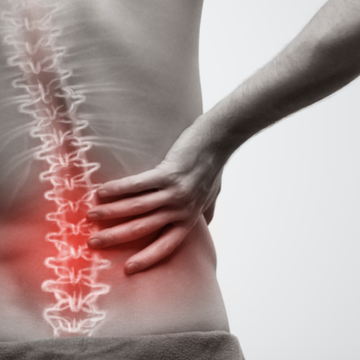Research Project

Hayley Leake
Current Appointments
Postdoctoral Research FellowKey Research Areas
Dr Hayley Leake B.Physio(Hons), PhD is an honorary Research Fellow at Neuroscience Research Australia (NeuRA) in the Centre for Pain IMPACT. She is also a Research Fellow at the University of South Australia (UniSA). Her PhD focused on optimising pain science education for people with chronic pain. Hayley was awarded the 2023 Ruth Grant Prize for dedication to physiotherapy research by UniSA. Prior to commencing research, Hayley pursued a successful clinical career as a physiotherapist, practicing in primary and tertiary care.
Hayleys current research investigates the role of physiotherapy and pain science education for adolescents with chronic pain. Follow Hayleys work on Google Scholar and ORCID.
Publications
2024, 06 Mar
“I wish I knew then what I know now” - pain science education concepts important for female persistent pelvic pain: a reflexive thematic analysis
View full journal-article on https://doi.org/10.1097/j.pain.0000000000003205
2023, 09 Sep
The Sensation and Pain Rating Scale: easy to use, clear to interpret, and responsive to clinical change
View full preprint on https://doi.org/10.1101/2023.09.08.23295128
2023 May
“My Back is Fit for Movement”: A Qualitative Study Alongside a Randomized Controlled Trial for Chronic Low Back Pain
View full journal-article on https://doi.org/10.1016/j.jpain.2022.12.009
2023 Mar
How does pain work? A qualitative analysis of how young adults with chronic pain conceptualize the biology of pain
View full journal-article on https://doi.org/10.1002/ejp.2069
2023
A single-item mood question adequately discriminates moderately severe to severe depression in individuals with persistent pain: preliminary validation
2023
Comparative effectiveness and safety of analgesic medicines for adults with acute non-specific low back pain: systematic review and network meta-analysis
2023
Considering Precision and Utility When we Talk About Pain. Comment on Cohen et al
View full journal-article on https://publons.com/wos-op/publon/55410537/
2023
Development of a booster intervention for graded sensorimotor retraining (RESOLVE) in people with persistent low back pain: A nested, randomised, feasibility trial
View full journal-article on https://publons.com/wos-op/publon/56201140/
2023
Pediatrician explanations of pediatric pain in clinical settings: a delicate craft
2023
Recommendations for patient education in the management of persistent pelvic pain: a systematic review of clinical practice guidelines

